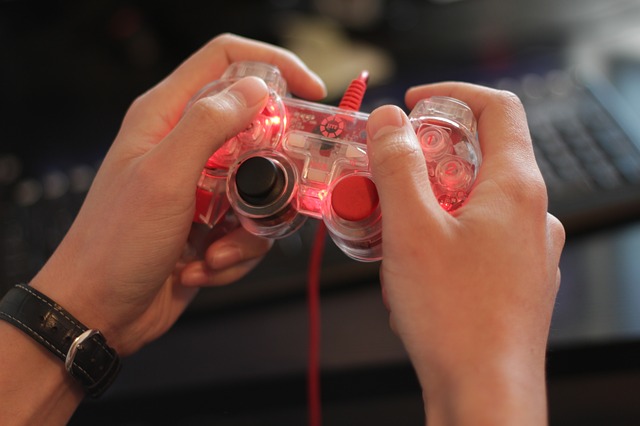Billion Dollar Unicorns: Valuation For Unity Technologies Keeps Soaring
According to a recent report by Newzoo, the global games market is expected to grow 7.8% and generate $108.9 billion from 2.2 billion gamers in 2017. Digital game revenues are expected to grow to $94.4 billion with mobile gaming growing 19% over the year to $46.1 billion. PC and console game markets are expected to generate $29.4 billion and $33.5 billion, respectively. By 2020, mobile gaming will account for more than half of the total games market. Billion Dollar Unicorn player Unity Technologies is delivering strong game line-ups to meet these growth projections.

Unity Technologies’ Offerings
San Francisco-based Unity Technologies was founded in 2005 by David Helgason, Nicholas Francis, and Joachim Ante in Copenhagen, Denmark. Their first game GooBall did not amount to much, but the trio wanted to democratize game development and level the playing field for developers across the globe.
Unity wanted to develop a gaming engine that could reduce costs for developers. To do so, it built an engine Unity that allows games to run on any platform, without huge costs related to transporting these game projects to a new platform. The platform helps game developers cut their costs and generate more revenues by accessing more platforms.
Today, Unity has expanded beyond traditional games. Its platform is being used to create interactive 3D and 2D experiences including training simulations and medical and architectural visualizations across mobile, desktop, web, console and other platforms. Games and apps made with Unity reach more than 2.4 billion devices globally. Among other metrics, half of all new mobile games rely on its software. It powers 70% of all virtual reality and augmented reality experiences. 91% of applications on AR platforms like the Microsoft HoloLens are created on Unity and 90% of Samsung’s Gear VR applications are being built using Unity.
Unity Technologies’ Financials
Unity operates on a subscription-based billing model. It offers a personal plan for free and prices go as high as $125 per seat per month for a Unity Pro account. For larger organizations, it also offers an enterprise price plan. Unity is closely held and does not disclose its financial performance.
It has raised $690 million from investors including Silver Lake Partners, China Investment Corporation, DFJ Growth, FreeS Fund, iGlobe Partners, Sequoia Capital, Thrive Capital, WestSummit Capital, and Vanedge Capital. Its last round of funding was held in May this year when it raised $400 million at a valuation of $2.6 billion. A 2016 round had valued the company at $1.5 billion.
Unity is well placed to tackle the emerging augmented and virtual reality markets. I agree with its CEO John Riccitiello’s view about the scope of the industry. The AR and VR technologies are growing in leaps and bounds. Besides entertainment, the technology will help professionals from the local handyman to a specialized surgeon to deliver their services. Unity will be able to cater to their requirements. But I would still like to see its detailed financials before I endorse its sky rocketing valuations.
Sramana Mitra is the founder of One Million by One Million (1M/1M), a global virtual incubator that aims to help one million entrepreneurs ...
more


